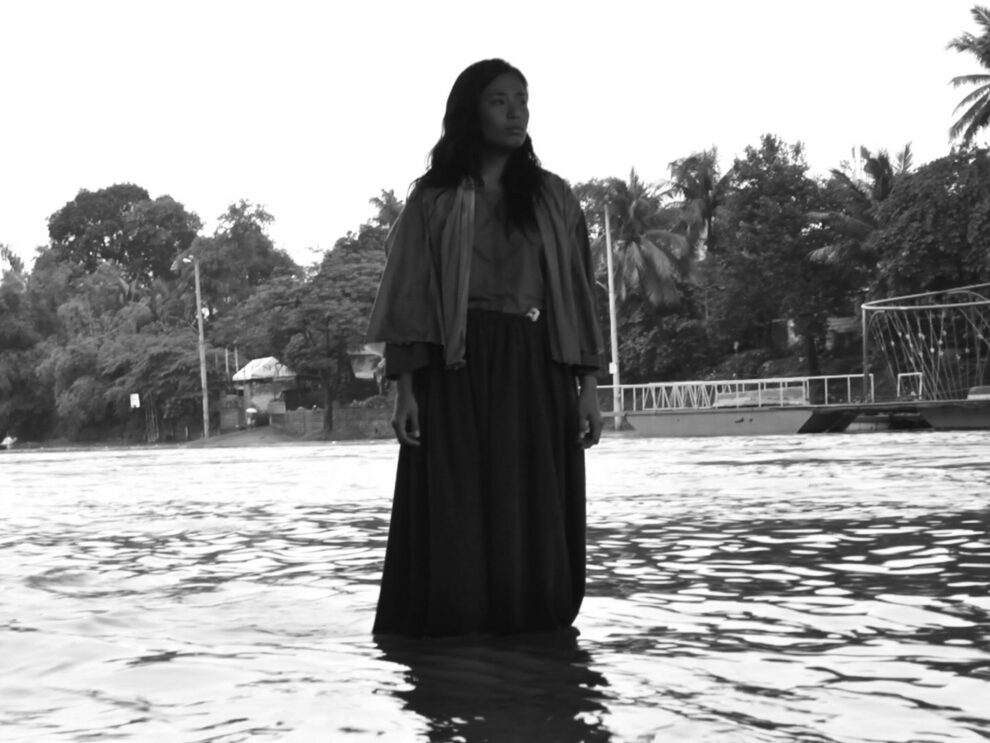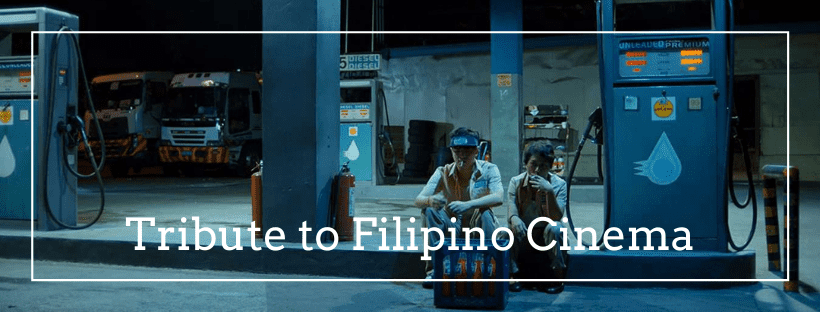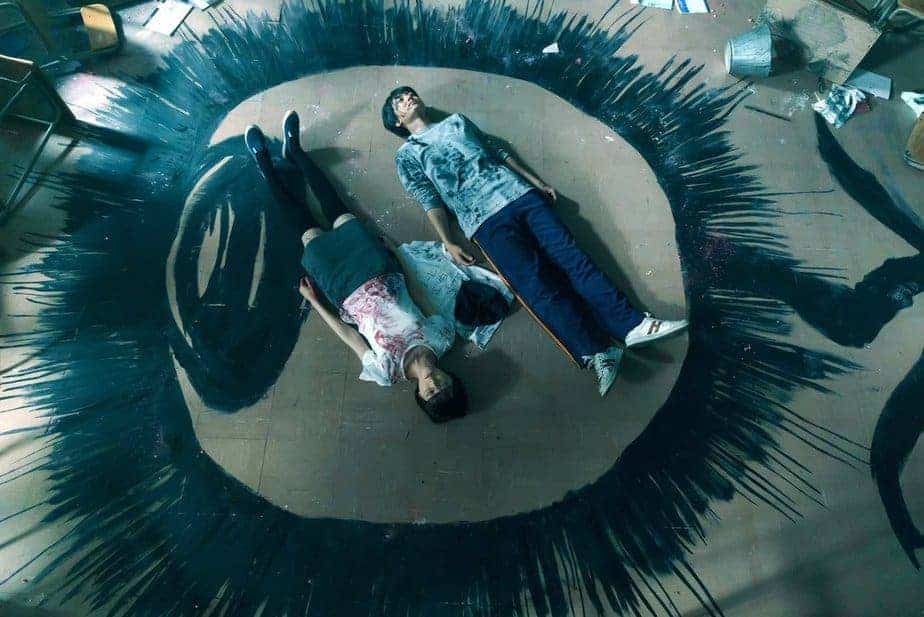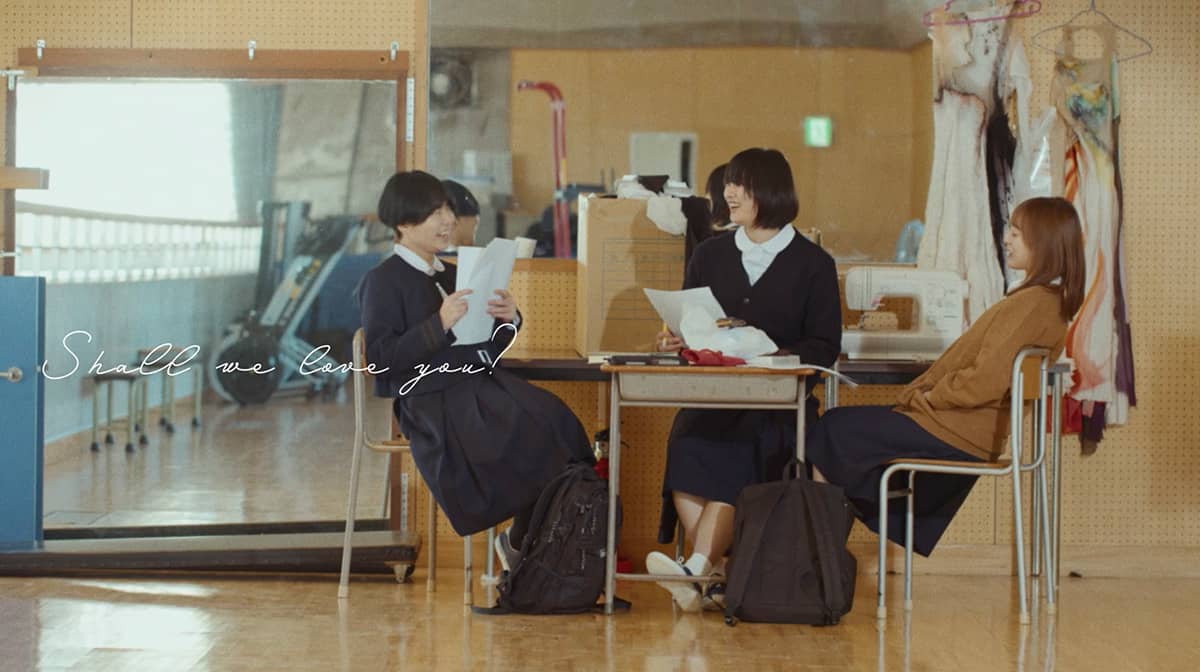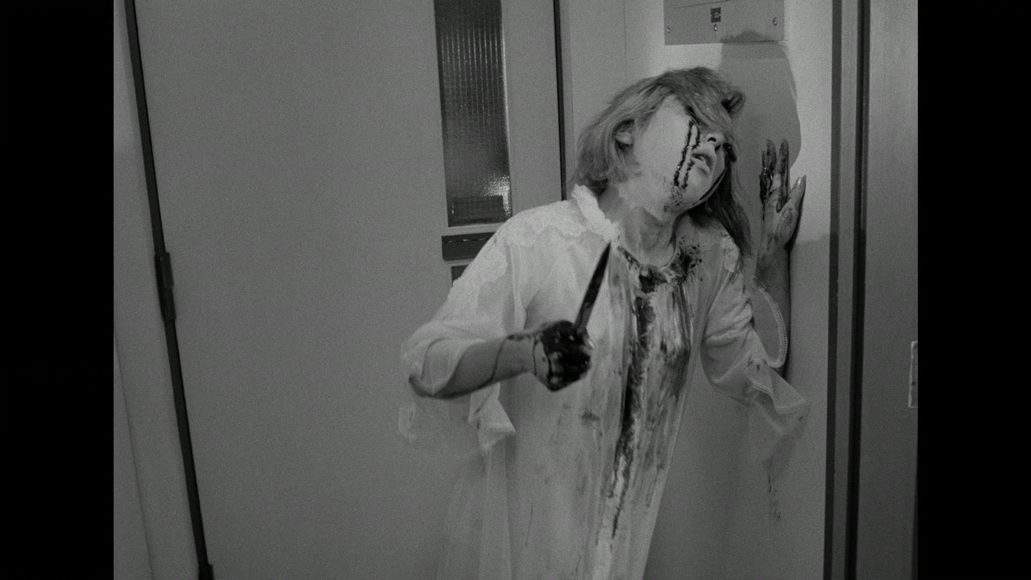by Tobiasz Dunin
“Elegy to the Visitor from the Revolution” is a drama written and directed by Lav Diaz. At first, it was supposed to be a one-minute segment of a video compilation honoring the late film critics Alexis Tioseco and Nika Bohinc. However, Diaz's creation grew beyond its initial intent, and became a full-length feature. The title alludes to the 1896 Philippine Revolution, a conflict where Filipino revolutionaries fought against Spanish colonial authorities, aiming to gain independence.
The plot is quite vague and tells a story about a woman (Hazel Orencio) from the late 19th century that travels to contemporary Philippines and witnesses intertwined narratives – about a sex worker, a musician, and a gang of lawbreakers. These segments are further divided into disparate plot lines – a sex worker (Sigrid Bernardo) awaits a client, a musician (Diaz) plays guitar by himself, and three criminals (Evelyn Vargas, Dante Perez, and Joel Ferrer) are figuring out a way to make some money. All these storylines intersect each other, as they reveal the hardships of life for today's Filipinos.
Check the interview with the director
The movie does not focus on individual characters, and the protagonists are rather plain. The most crucial element of this picture is the Philippines itself. The director attempts a social commentary by portraying a visitor from the past whom, participating in the revolution, wanted to provide a better future for her country and future generations of its citizens. The visitor explores a few locations – a marketplace in the beginning, then a fountain, a river, and other aquatic places. She simply observes the reality of her motherland without interacting with anyone, seemingly paralyzed by disbelief in the state of her country.
All the actors deliver good performances, yet one performance really stands out – that of Sigrid Andrea Bernardo. Her depiction of the sex worker character is impressive right from the first scene, in which she tries to encourage potential customers to use her services. It's a very moving and long scene, in which she very subtly shows emotions – sadness, hope, irritation, and acceptance.
The picture is visually captivating, filmed in black and white using low-grade cameras operated by Diaz himself. While the cinematography is generally still, there are moments where the director opts to capture scenes with a handheld camera, a choice that appears out of place with the overall visual style of the movie. Typical for Diaz, the film is slow-paced and quiet for the most part. There are very few dialogues and the movie's strength lies in its visual side.
At 80 minutes, “Elegy to the Visitor from the Revolution” is very short, especially considering Lav Diaz's tendency to make movies that extend beyond the three-hour mark. The film is experimental and subtle to the point of obscurity and could really benefit from the luxury of extensive running time which could provide more details, hence give the audience a better chance to understand its meaning. This is not a movie that one should approach blindly, as it requires some knowledge about Philippines history and a willingness to engage with its deliberate pacing and intricate narrative.


